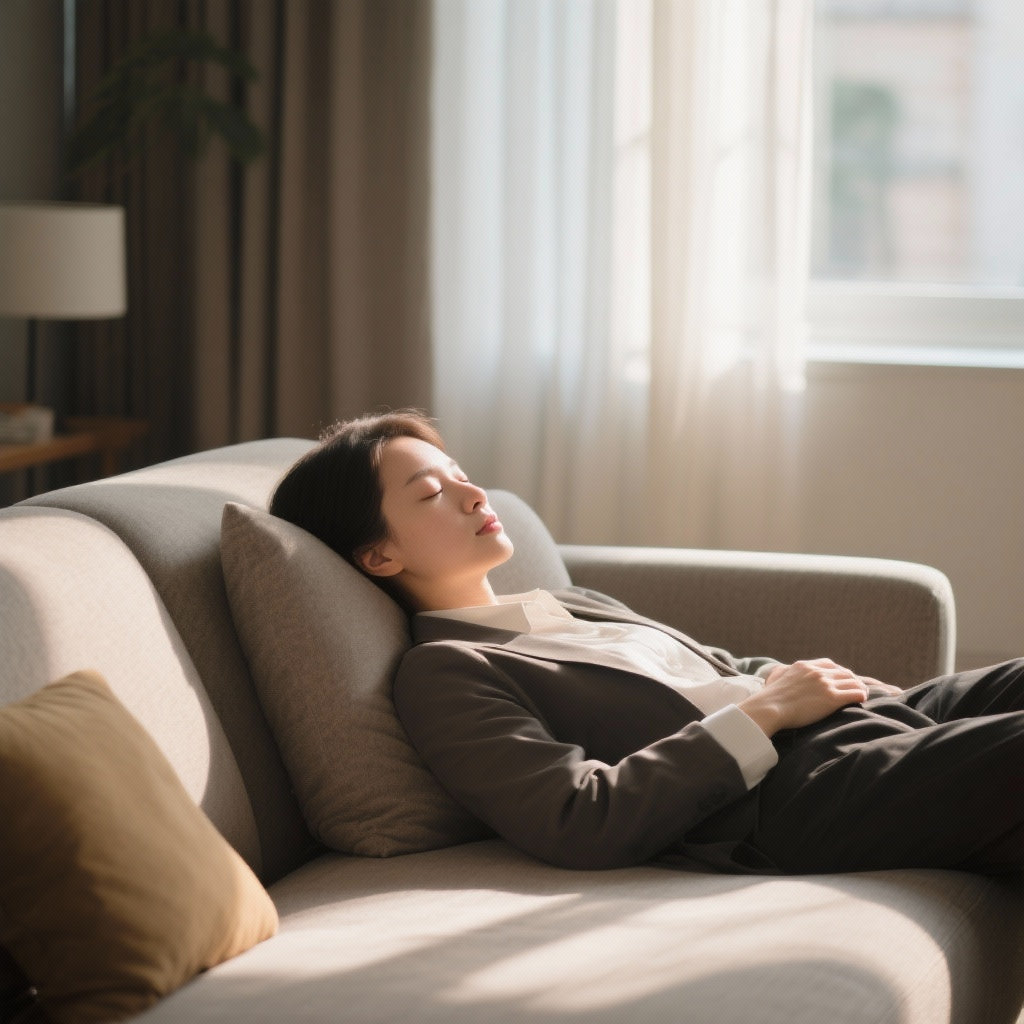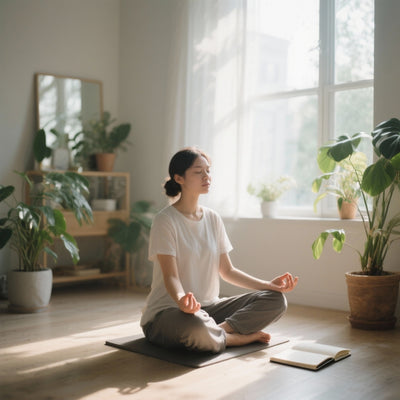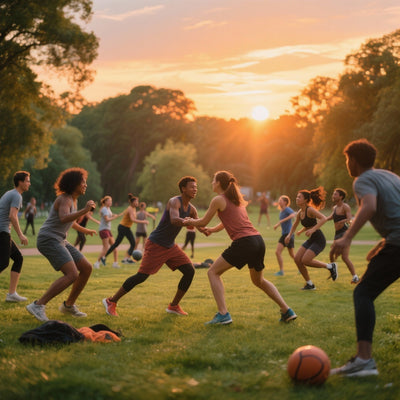Do people who take 20-minute naps sleep less well at night? An analysis
The question of napping and its impact on nighttime sleep is a recurring topic of debate. Many wonder if taking a nap, even a short one, can disrupt nighttime rest and lead to a decrease in sleep quality. This article delves into the science of sleep to separate fact from fiction and understand how a 20-minute nap, often called a "power nap," can actually improve your overall well-being without harming your nights.
We'll explore the different types of naps, their potential benefits, and the factors to consider to optimize your rest routine. Whether you're a nap enthusiast or a skeptic, you'll find valuable information here to better understand the impact of sleep on your life.
The science of sleep: understanding the cycles
Sleep is not a uniform state, but a complex cycle composed of different phases. The main distinction is between slow-wave sleep (NREM) and paradoxical sleep (REM). Slow-wave sleep is divided into three stages, ranging from light sleep to deep sleep, while REM sleep is associated with dreaming and memory consolidation. A complete sleep cycle lasts approximately 90 to 120 minutes.
A well-timed 20-minute nap helps prevent you from entering deep sleep, minimizing the risk of feeling groggy upon waking. This is known as sleep inertia, an unpleasant feeling of disorientation and fatigue that can occur after a sudden awakening during deep sleep.
Benefits of a 20-minute nap (Power Nap)
The 20-minute nap, or power nap, is known for its many benefits, including:
- Improved alertness and concentration: A short nap can help you fight daytime sleepiness and improve your cognitive performance.
- Stress reduction: Rest, even brief, helps to lower levels of cortisol, the stress hormone.
- Increased creativity: Sleep promotes memory consolidation and can stimulate creative thinking.
- Mood improvement: A nap can help you feel more relaxed and positive.
Longer naps: beware of side effects
While a 20-minute nap is generally beneficial, longer naps exceeding 30 minutes can have undesirable effects, especially if taken in the late afternoon. They can disrupt the circadian rhythm and make it harder to fall asleep at night. Furthermore, they increase the risk of experiencing sleep inertia.
Factors that influence the impact of napping on nighttime sleep
Several factors can influence the impact of a nap on nighttime sleep:
- Nap duration: As mentioned previously, the ideal duration is approximately 20 minutes.
- Nap time: Opt for early afternoon (between 1 p.m. and 3 p.m.) to avoid disturbing your nighttime sleep.
- Your sleep habits: If you already suffer from insomnia or other sleep disorders, napping can worsen the problem.
- Your age: Sleep needs and sensitivity to naps vary with age.
Tips for a successful nap
To fully enjoy the benefits of napping without disrupting your nighttime sleep, follow these tips:
- Limit the duration: Aim for a maximum of 20 minutes.
- Choose the right time: Early afternoon is ideal.
- Create a suitable environment: A quiet, dark and cool place.
- Use an alarm clock: To avoid sleeping too long.
- Avoid caffeine before a nap: Contrary to popular belief, caffeine takes about 30 minutes to take effect.
"A short nap is a great way to recharge your batteries and improve your productivity." - National Sleep Foundation
When is napping discouraged?
In some cases, napping may be inadvisable:
- If you suffer from chronic insomnia: Napping can worsen your difficulty falling asleep.
- If you have difficulty falling asleep at night: Napping can delay your bedtime.
- If you suffer from sleep apnea: Talk to your doctor.
In conclusion, a 20-minute nap, or power nap, is an excellent way to improve your alertness, concentration, and mood without disrupting your nighttime sleep. However, it's important to follow certain guidelines, including limiting the nap's duration and choosing the right time. If you suffer from sleep disorders, consult a healthcare professional to determine if napping is appropriate for you.
Don't hesitate to experiment and find what works best for you. A good night's sleep and an occasional nap can do wonders for your overall well-being.











